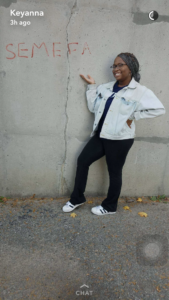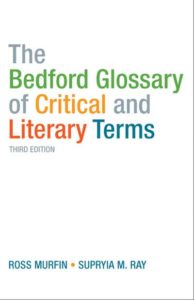 No, this is not just a picture. Read closely.
No, this is not just a picture. Read closely.
As many of you probably know, I have not been in class in the last few weeks. I don’t owe any of you an explantation, except for Professor McCoy. However, since you all are my peers I would rather let you know what I’ve experienced. Through this confession I hope that I can provide some insight.
In the early days of November (after the election), I was walking with my close friend through the walkway on the side of the union, talking about daily gossip and such. As we turned the corner, my friend points out that my name is written on the wall. Now if you were in my position, you would’ve thought your friend was joking…I mean, I even thought she was joking. I didn’t even turn my head at this point because our laughter was overpowering the concern that we should have had. I finally looked up at her and turned my head, still in disbelief. My friend unthinkably put this picture on social media (i.e snapchat) because of how preposterous this was. I saw my name written (which is not a common name AT ALL), in might I say not my handwriting with some sort of red paint, although, I later figured out that it was lipstick.

